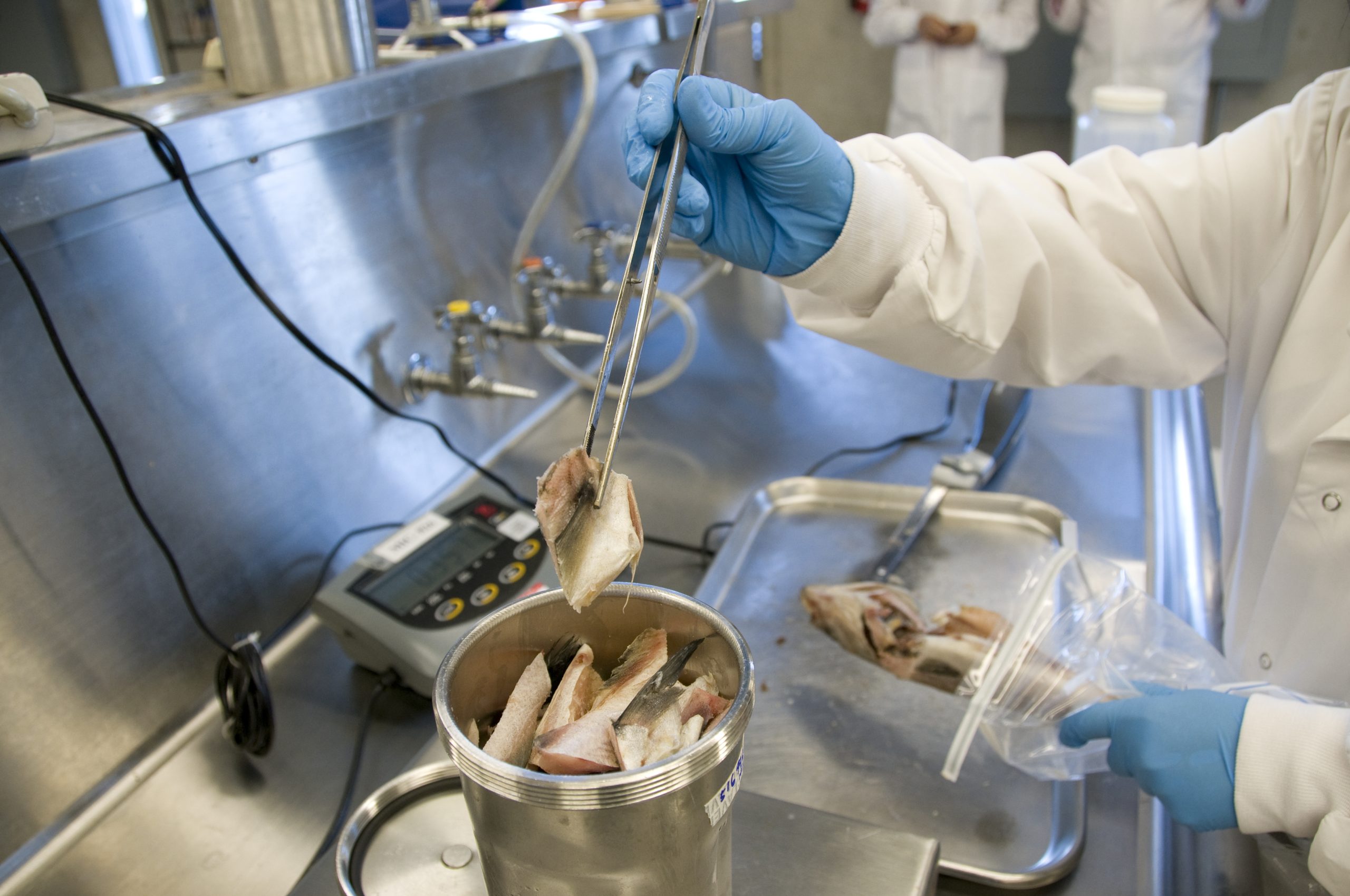
Key Considerations for Medical Food Compliance in the U.S. Market
Medical foods are a specialized category of products designed to address the nutritional needs of individuals with specific health conditions or diseases. Unlike conventional foods or dietary supplements, medical foods are intended for the dietary management of a disease or condition that requires distinctive nutritional requirements. However, because medical foods are neither conventional drugs nor typical foods, navigating the regulatory landscape for these products in the U.S. market can be challenging.
To ensure compliance with the U.S. Food and Drug Administration (FDA) regulations, manufacturers of medical foods must adhere to specific guidelines, which differ from those for drugs, dietary supplements, and regular foods. Partnering with an expert such as a CERES FDA regulatory consultant can help companies avoid potential compliance pitfalls and successfully bring their products to market.
Understanding What Constitutes a Medical Food
The FDA defines medical foods under the Orphan Drug Act as “a food which is formulated to be consumed or administered enterally under the supervision of a physician and which is intended for the specific dietary management of a disease or condition for which distinctive nutritional requirements, based on recognized scientific principles, are established by medical evaluation.”
Several key aspects distinguish medical foods from other product categories:
- Intended Use: Medical foods must be formulated for the dietary management of a disease or condition that requires special nutritional support. Unlike dietary supplements or functional foods, medical foods are not intended for general health or wellness.
- Medical Supervision: These products must be consumed or administered under the supervision of a physician or healthcare provider.
- Disease Management: The product must address distinctive nutritional needs that cannot be met by regular diet alone, which is critical for managing specific health conditions.
Because of these specific requirements, medical food manufacturers must carefully navigate regulatory guidelines to ensure compliance and avoid misclassification, which could lead to legal and regulatory challenges.
Key Regulatory Considerations for Medical Food Compliance
- Labeling and Claims
One of the most significant challenges in medical food compliance is the labeling and marketing of these products. The FDA has strict guidelines regarding the claims that can be made about medical foods. For instance, medical foods cannot carry the same health claims that are allowed for dietary supplements or conventional foods.
CERES FDA regulatory consultants can help manufacturers ensure that product labels comply with FDA regulations, including the use of appropriate terminology and claims. Medical foods must not make disease prevention or treatment claims like those for drugs, nor can they be marketed as a sole solution to managing a condition. Claims must focus on the nutritional management of a specific disease or condition, and the product must meet the distinctive nutritional requirements of the patient population it serves.
- Formulation and Scientific Support
Medical foods must be formulated based on recognized scientific principles, and the nutritional needs they address must be medically evaluated. This means that the product formulation must be backed by scientific evidence showing that it provides the necessary nutrients for managing the disease or condition it is intended to address.
CERES FDA regulatory consultants assist companies in ensuring that their product formulations meet the FDA’s requirements for medical foods. They help gather the necessary scientific data to support the product’s intended use and ensure that the formulation complies with FDA guidelines.
- Good Manufacturing Practices (GMP)
Medical foods must be manufactured according to Good Manufacturing Practices (GMP) to ensure product safety, quality, and consistency. This includes maintaining clean and controlled manufacturing environments, ensuring accurate ingredient sourcing, and conducting regular quality control checks.
CERES FDA regulatory consultants guide manufacturers through the implementation of GMP-compliant manufacturing processes, ensuring that the product is consistently produced to meet FDA standards. This reduces the risk of contamination, mislabeling, or quality issues that could lead to recalls or regulatory action.
- FDA Notification and Registration
While medical foods do not require premarket approval from the FDA, companies must still comply with specific regulatory requirements, including facility registration and adherence to post-market reporting obligations. Medical food manufacturers are required to register their facilities with the FDA, and they must be prepared for potential inspections to ensure GMP compliance.
CERES FDA regulatory consultants help companies navigate these administrative requirements, ensuring that facilities are properly registered and prepared for FDA inspections. They also help companies develop post-market surveillance strategies to monitor product safety and respond to any adverse events.
- Distribution and Marketing Practices
Medical foods must be distributed and marketed in compliance with FDA regulations, meaning that they should not be sold over-the-counter or directly to consumers. Instead, they must be distributed through healthcare providers who can oversee their use as part of a medical treatment plan.
CERES FDA regulatory consultants assist companies in establishing compliant distribution and marketing strategies. This includes working with healthcare providers to ensure that the product is used correctly and in accordance with FDA guidelines, as well as ensuring that marketing materials accurately reflect the product’s intended use and regulatory status.
The Role of CERES FDA Regulatory Consultants in Medical Food Compliance
Navigating the regulatory landscape for medical foods is complex, requiring a thorough understanding of both the FDA’s regulations and the scientific principles underlying the product’s formulation. CERES FDA regulatory consultants offer valuable expertise in guiding companies through this process, helping them ensure compliance at every stage of product development, manufacturing, and marketing.
By working with CERES FDA regulatory consultants, companies can:
- Ensure accurate and compliant labeling: Avoid making inappropriate claims that could lead to regulatory action.
- Develop scientifically-backed formulations: Ensure that the product meets the nutritional requirements of the patient population it serves.
- Implement GMP-compliant manufacturing processes: Maintain product quality and safety throughout the production process.
- Prepare for FDA inspections and post-market requirements: Stay compliant with ongoing regulatory obligations.
Conclusion
Bringing a medical food to the U.S. market requires careful navigation of FDA regulations, from product formulation to labeling and marketing. With the guidance of CERES FDA regulatory consultants, companies can ensure that their medical foods meet all necessary compliance standards while maintaining a competitive edge in the marketplace. By streamlining the regulatory process and ensuring adherence to FDA guidelines, CERES helps companies successfully bring their medical food products to those who need them most.


